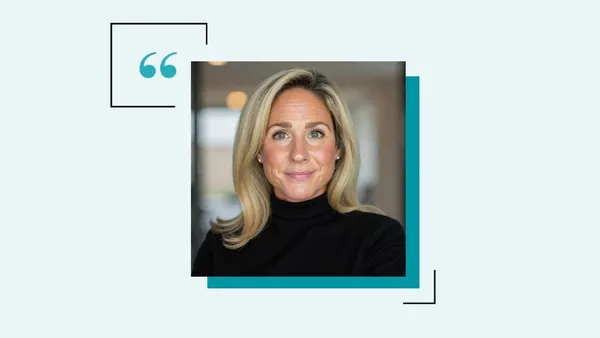Companies using BlackBerry’s mobile-device-management (MDM) platform should be cautious about the company’s future. Although the service is rated highly for its security features, its customers could take a significant financial hit if BlackBerry were to fail, as some observers think could happen. They would lose the investment they made in the MDM and bear additional expense for converting to another platform, notes Gartner analyst Ken Dulaney.
The BlackBerry service faces growing competition from other mobile-technology companies, and most customers using an MDM platform are generally happy with it, notes Dulaney. In particular, he says, Samsung’s Knox security program is “pretty well done.” So the current spate of negative news surrounding BlackBerry will make potential customers wary of making a risky investment. His advice for companies using BlackBerry’s MDM platform is to have a backup strategy ready to go.

The security features of BlackBerry’s MDM are superior to those of Apple or Android, says Jay Bryant, an associate portfolio manager at MacNicol & Associates Asset Management. But the company’s challenge now, he notes, is proving to corporate information-technology leaders that the service is not only secure but also efficient.
Banks and government agencies are prime customers of the software because of their exceptional security needs. But they don’t all see Blackberry as a clear leader. Massachusetts-based Needham Bank uses MDM software from MobileIron that provides the needed level of security and has apps that employees like, says James Gordon, first vice president of technology and operations.
MobileIron benefits Needham’s Bring Your Own Device program because, unlike BlackBerry, it allows employees to use non-work applications – a fast-growing preference among device users. (Employees, though, are responsible for any problems that arise with their phones.)
Blackberry, on the other hand, “creates a horrible user experience,” Gordon says. “The more controls you add, the lower the adoption rates are.” His opinion is that BlackBerry is “in a death spiral and is unlikely to recover.”
Although BlackBerry is lauded for its security capabilities, Gordon argues that the optimal approach to security is “all about brokering the relationship between what needs to be protected and what’s overkill.” Companies shouldn’t need Blackberry to secure their data; they should secure it themselves, he says.
Stephanie Frisina, a Blackberry spokesperson, tells CFO that BlackBerry is the leader in the MDM space, managing more devices than any other vendor. Sixty percent of BlackBerry’s Fortune 500 customers have ordered, downloaded or installed BlackBerry Enterprise Service 10, she says. And 1 million government customers in North America and more than 25,000 commercial and test servers are installed globally, up sharply from 19,000 in July.
The company on Monday signed an agreement to be acquired by Fairfax Financial, a holding company whose primary business is insurance, for $4.7 billion. Fairfax, which already owns 10 percent of BlackBerry, will pay $9 per share. Shares peaked at $148 in June 2008, when its mobile devices dominated the marketplace. The due-diligence period for the purchase is expected to be complete by Nov. 4.
If the deal is completed, BlackBerry would become a private company. But in its home country, Canada, “there’s a great amount of skepticism that this deal will go through,” says Bryant.
Even if it doesn’t, BlackBerry’s future as a public company would be in great doubt. There has been wide speculation that it will stop making phones in the near or midterm future. If it placed its chips solely on the MDM, its revenue would plummet to a small fraction of its current $11 billion. “You can’t go from billions of dollars to $200 million without Wall Street having a fit,” Dulaney says.
Still, going private could benefit BlackBerry in the long term, assuming it survives. The business could focus on its potential without the market “hounding them every day,” Bryant says.
Photo credit: Creative Commons 2.0, flickr member Andrew Currie












